In author Colleen Hoover’s bestselling novel It Ends With Us, the main character Lily Blossom Bloom is certain of a few things. One, her name is ridiculous, especially since her dream is to open a flower shop. Two, no relationship has come close to what she experienced at age 15 with her first love, Atlas Corrigan. And three, the long-held belief she’s professed since childhood — that she’ll never stay in a physically and emotionally abusive relationship like the one her mother endured — is much easier said than done. With 8 million copies sold, It Ends With Us swaddles a central premise about the insidious nature of domestic abuse in a glitzy, trope-heavy, and often absurd love-triangle romance. So of course movie executives thought it would make a killer movie.
Starring Blake Lively, Justin Baldoni, and Brandon Sklenar, the film has spent the past six months preparing to take over box offices with an Aug. 9 premiere. This means the actors have gone on a press blitz promoting the movie to as wide an audience as possible. There’s been promotional material about Lively as the next great movie star. Shiny trailers have included a popular Taylor Swift ballad. There was even a Century City mall pop-up experience for fans, re-creating Lily’s kooky flower shop as a photo opportunity. But this glossy marketing campaign is proving is that Hollywood hasn’t found a respectful way to market movies about domestic violence. Even worse, It Ends With Us isn’t even trying.
As laid out in the numerous trailers, most soundtracked by Swift’s ballad “My Tears Ricochet,” It Ends With Us follows the story of flower shop owner Lily (Lively) choosing what kind of love she wants in her life. After she tries to give a speech eulogizing her abusive father at his funeral, staying silent for minutes at the podium rather than speaking, Bloom goes to an apartment rooftop to think. It’s there she meets handsome and equally emotionally distraught neurosurgeon Ryle Kincaid (Baldoni). The two spill their guts and share a magical night, but don’t speak again until a random run-in puts them back in each other’s paths. Lily and Ryle quickly develop a relationship, dating and eventually marrying. But when Lily runs into her first love, Atlas (Sklenar), who she hasn’t seen since she was a teenager, her past memories and feelings for him butt up against her relationship with Ryle, which has transformed from a fairy tale into a physically abusive hellscape.
Hoover, whose books sold more than the Bible in 2022, has always been open about how her own experience with domestic violence inspired the novel and its sequel, It Starts With Us. “My first memory of being alive, I was probably two years old and I remember my sister and I hiding in our bedroom and I peeked out right as my dad threw a TV at my mom,” Hoover told Today. “She’s such a pillar of strength, and I always wondered how she was in this abusive relationship. So writing this story was a way for me to explore that.” The author has also shared her hope that the story encourages women to leave harmful relationships. “I’ve heard from readers who left terrible situations that my books inspired them to do so — that’s the most amazing thing I could ever hope to happen,” she told Time.
But Hoover’s personal tie to the heavy subject matter hasn’t prevented the author from being caught in between the seriousness of her inspiration and her need to engage in promotion. After her books skyrocketed in popularity during the pandemic, internet critics accused Hoover of profiting off the real-life struggle of women experiencing domestic abuse. The book is about a love story, but Lily’s rationalization of her abusive surroundings, combined with the book and its subsequent sequel’s focus on romance, means the novel often has an incongruous tone. In 2023, publisher Atria Books announced it would release an It Ends With Us coloring book, a decision that received swift backlash from fans and prompted an immediate apology from Hoover. (The pages were never released, but the cover depicted key themes and imagery from the book, like fallen flower petals and a doctor’s stethoscope.) “The coloring book was developed with Lily’s strength in mind, but I can absolutely see how this was tone-deaf. I hear you guys and I agree with you,” Hoover said in a statement. “No excuses.”
Since its conception and success, It Ends With Us has straddled a tenuous line between the gravity of its subject and its widespread appeal — something that the film seems to have taken on in its quest to become a faithful adaptation. But what has been glaringly obvious about the promotion cycle is that the studio is prioritizing selling tickets for a love story by ignoring the message of domestic-violence awareness at its core. The dark themes of the book have been glossed over in favor of fan-friendly pop-ups and activations, like photo calls, virtual commemorative bouquets, and scavenger hunts in New York and L.A. It’s a paint job, one that’s been taken on largely by the film’s lead. Lively’s looks on the movie press tour have been dominated by Lily Bloom-themed fashion, like floral celebrity nail art from creator Elle Gerstein, and floral dresses everywhere. Lively even wore Britney Spears’ iconic 2002 floral Versace dress to the film’s premiere. There’s also been a shocking amount of cross-promotion with the summer blockbuster action comedy Deadpool & Wolverine, starring Ryan Reynolds, who happens to be both Lively’s husband and a writer on It Ends With Us.
Also not helpful: crescendoing online discourse about possible behind-the-scenes drama among the cast. Internet sleuths on TikTok and X (formerly Twitter) noted earlier in the week that Baldoni, who also directed the film, has been mostly MIA for its promotion. He attended the premiere but was conspicuously absent from every single full-cast picture. He did not introduce the film with Hoover and Lively and was not photographed with any one member of the cast. When Jenny Slate, who plays Lily’s best friend and Ryle’s sister Allysa in the film, was asked at the premiere about working with Baldoni, she sidestepped the question, instead saying having the job of directing and acting sounded exhausting. All of the cast members and Hoover also stopped following Baldoni on Instagram, reminding fans of the drama surrounding the press cycle of the Olivia Wilde-directed film Don’t Worry, Darling.
It would be disingenuous to suggest that books or films about domestic violence can’t also have romantic elements. Stories are allowed to have their main female characters fall in love and include the lesson that having a six-pack doesn’t give a man the right to slap around his significant other. But as It Ends With Us has transformed from an indie paperback into multimillion-dollar IP, the story hasn’t just been given the Hollywood treatment. It’s prioritized selling a romance by covering up the themes of abuse at almost every opportunity. Hoover has been open that while writing the book was an initial way for her to process her emotions about her parents’ relationships, she’s most hopeful that the story will encourage women in similar situations to escape. Based on the marketing campaign so far, the film version of It Ends With Us has a different goal: getting people in seats. Right now, it’s working. But it may undercut Hoover’s original intention and cheapen a serious issue in the process.
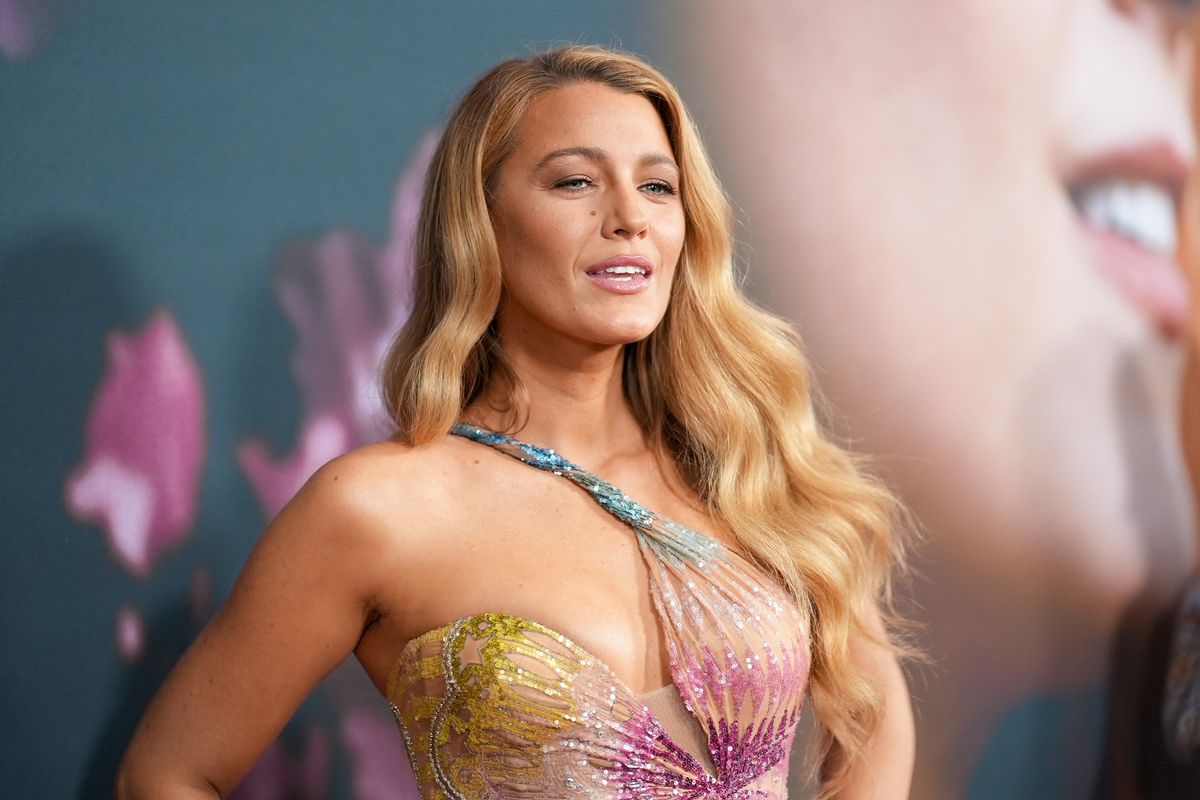






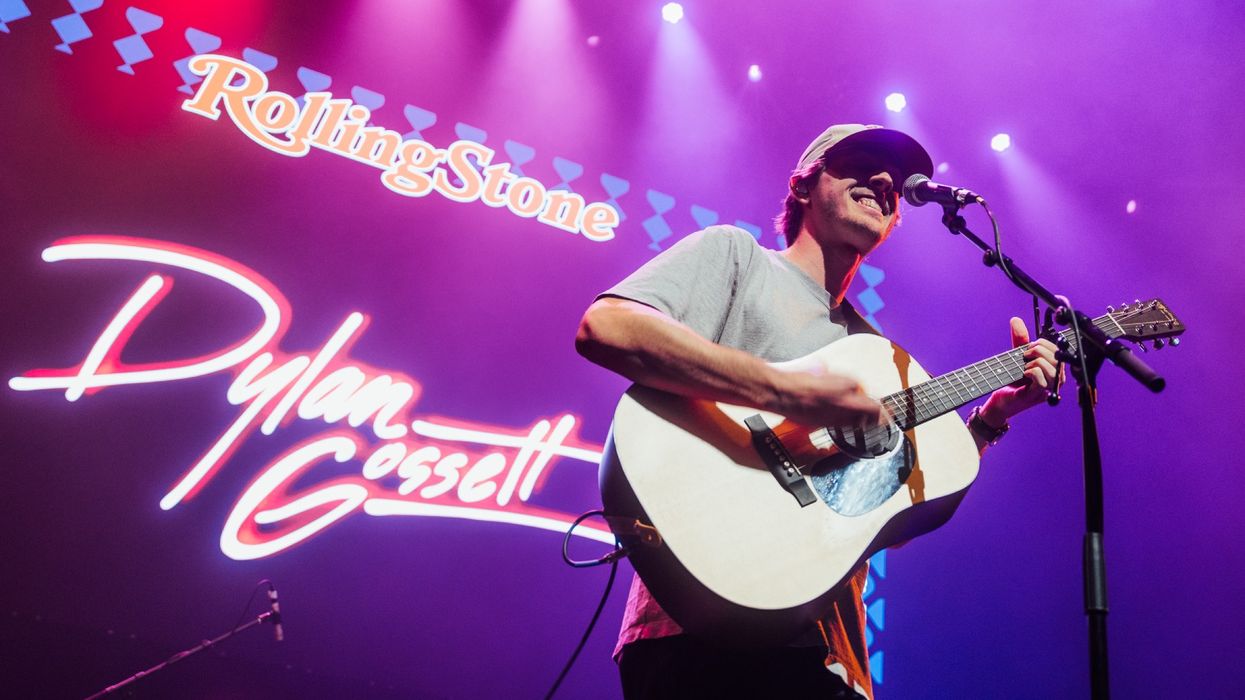
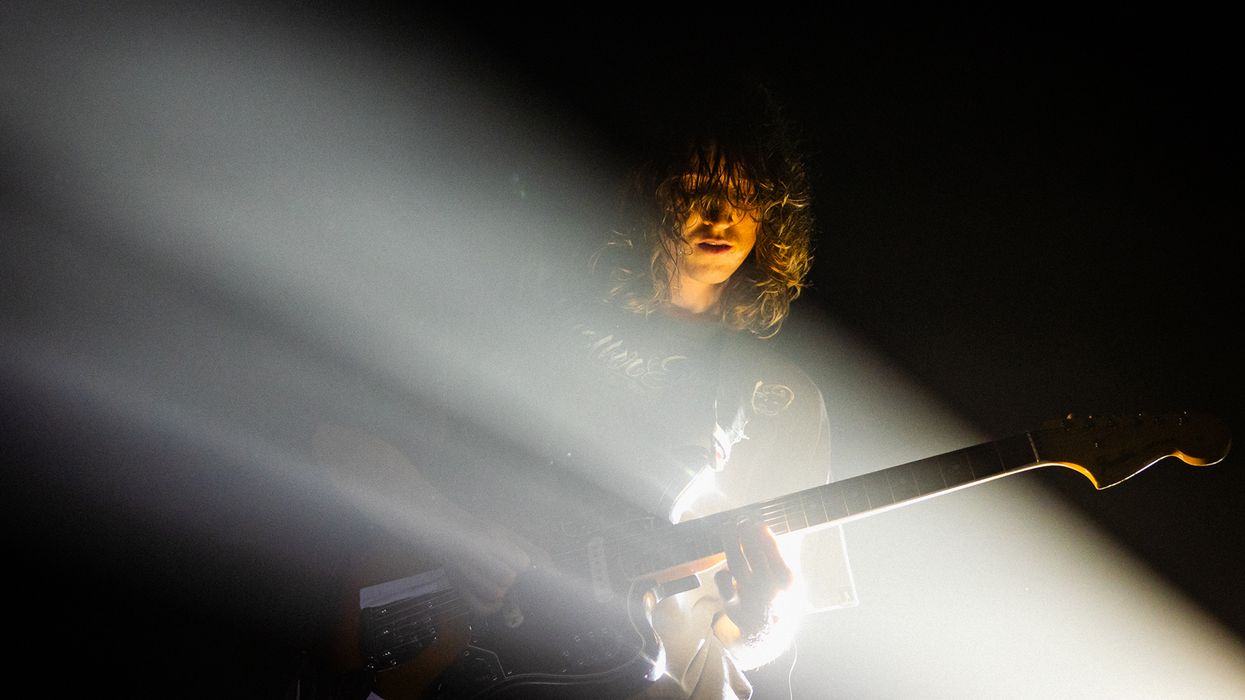
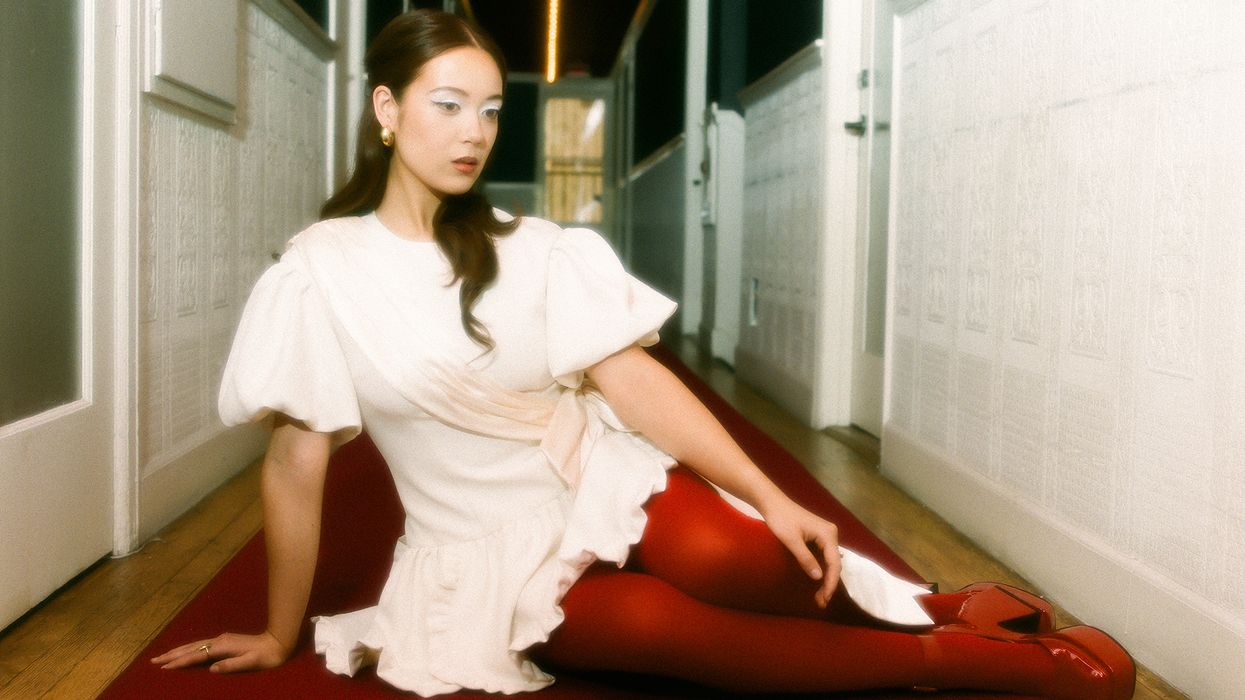
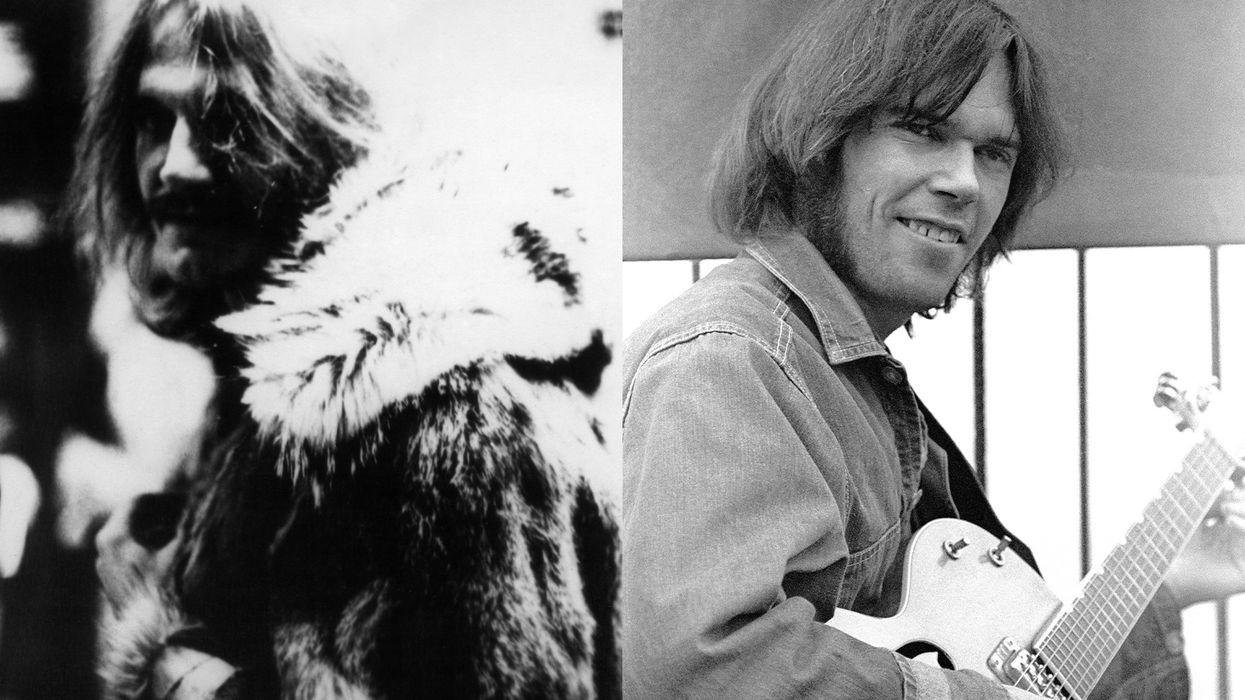
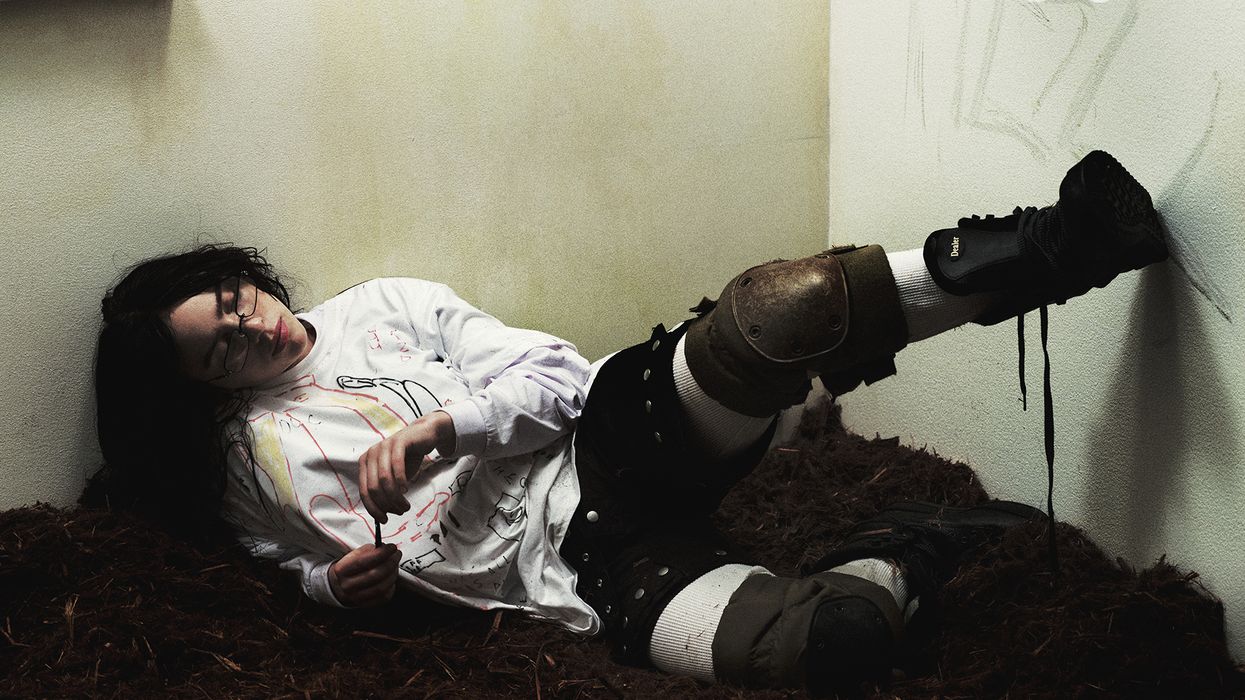

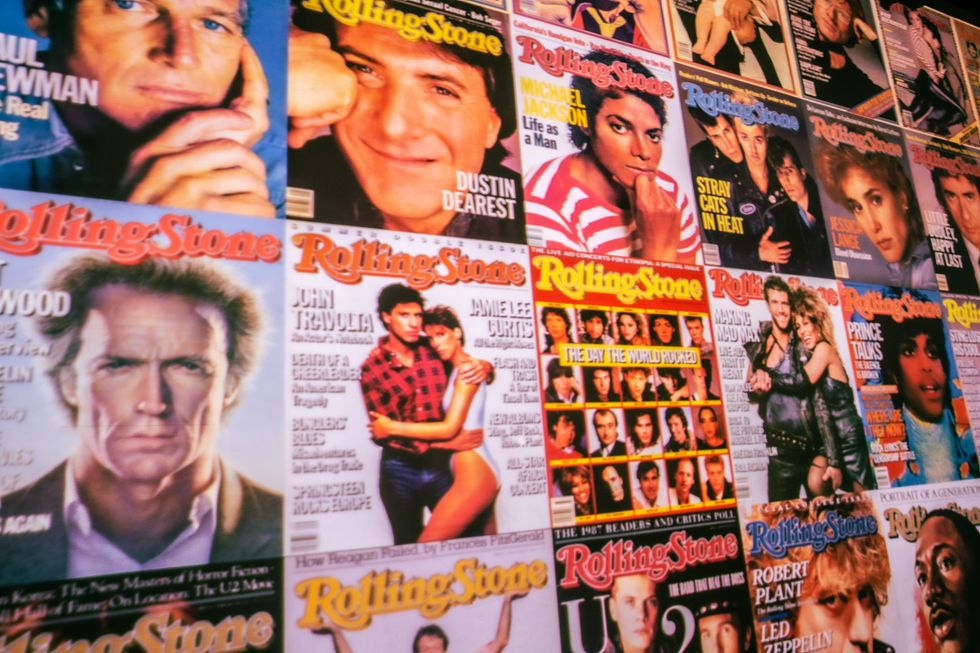
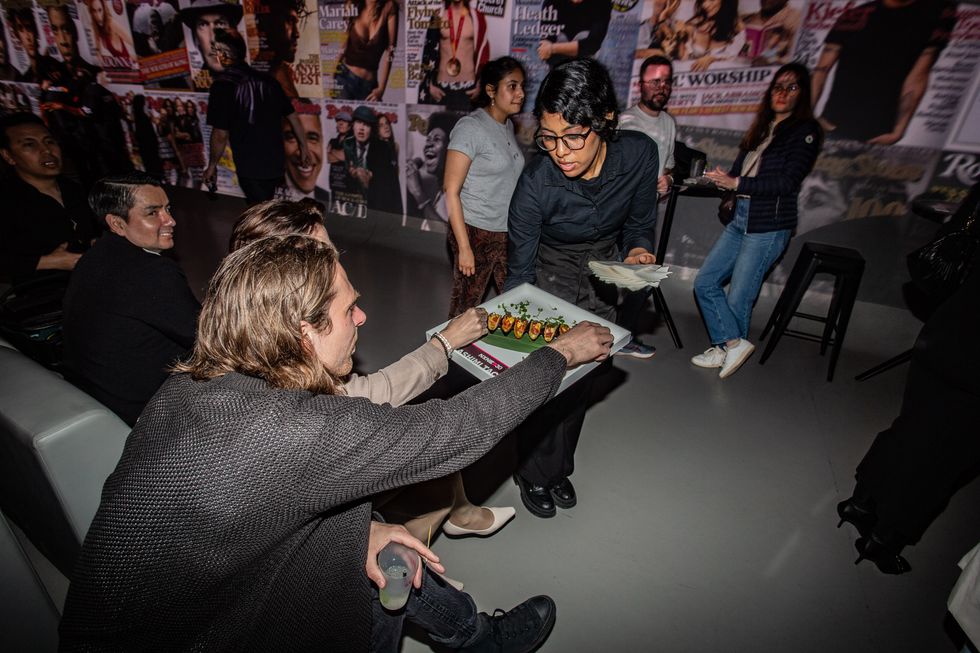 Catering Presented By The Food DudesPhoto by Snapdrg0n
Catering Presented By The Food DudesPhoto by Snapdrg0n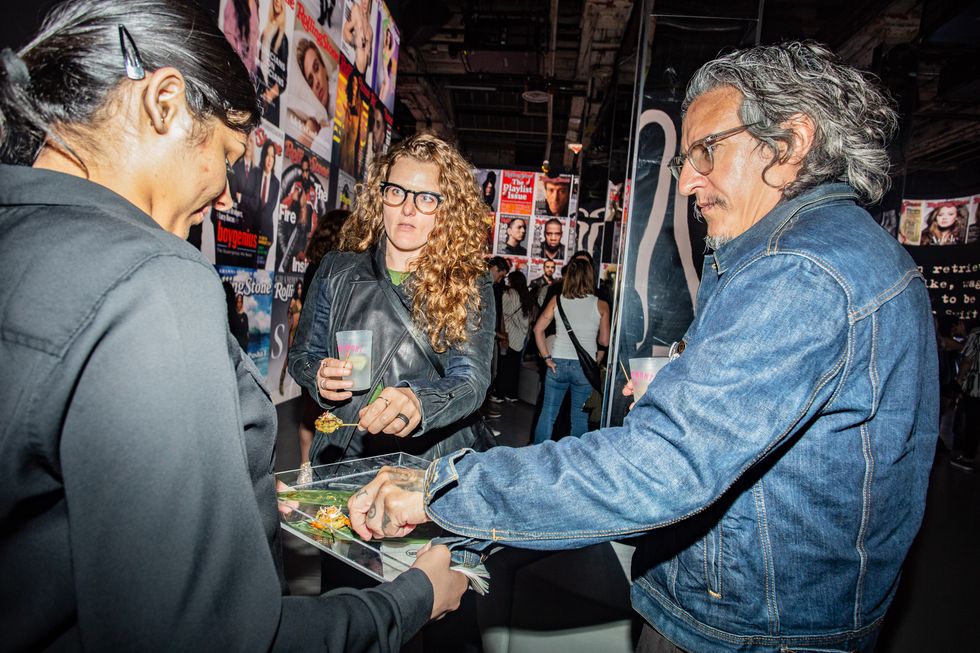 Catering Presented By The Food DudesPhoto by Snapdrg0n
Catering Presented By The Food DudesPhoto by Snapdrg0n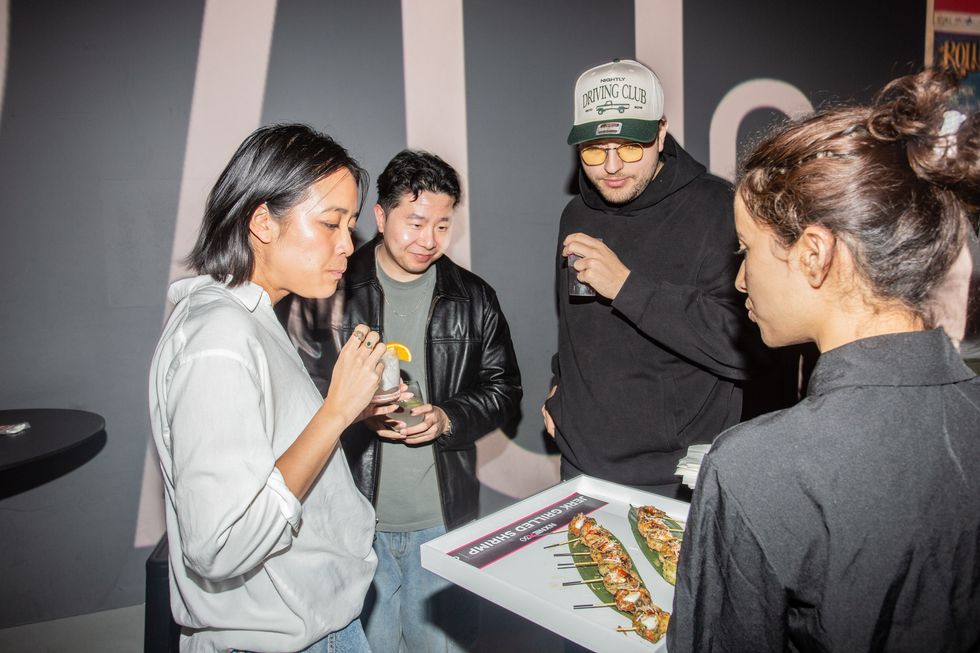 Catering Presented By The Food DudesPhoto by Snapdrg0n
Catering Presented By The Food DudesPhoto by Snapdrg0n
 Photographer: Raphaëlle Sohier / Executive production: Elizabeth Crisante & Amanda Dorenberg / Design: Alex Filipas / Post-production: Bryan Egan/ Headpiece: Tristan Réhel
Photographer: Raphaëlle Sohier / Executive production: Elizabeth Crisante & Amanda Dorenberg / Design: Alex Filipas / Post-production: Bryan Egan/ Headpiece: Tristan Réhel Photo: Raphaëlle Sohier
Photo: Raphaëlle Sohier Photo: Raphaëlle Sohier/ Photo production: Bryan Egan/ Blazer:
Photo: Raphaëlle Sohier/ Photo production: Bryan Egan/ Blazer:  Photo: Raphaëlle Sohier/ Blazer: Vivienne Westwood/ Skirt :
Photo: Raphaëlle Sohier/ Blazer: Vivienne Westwood/ Skirt : 

